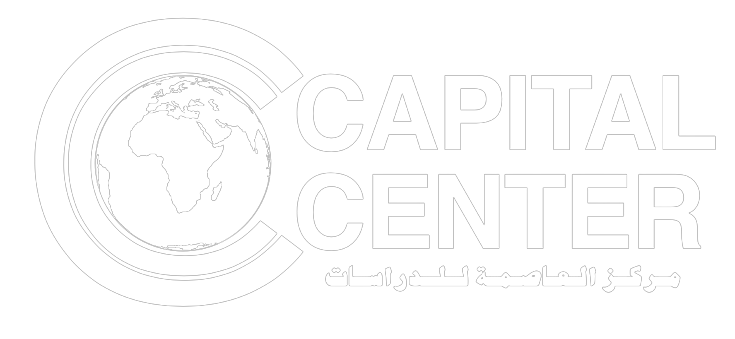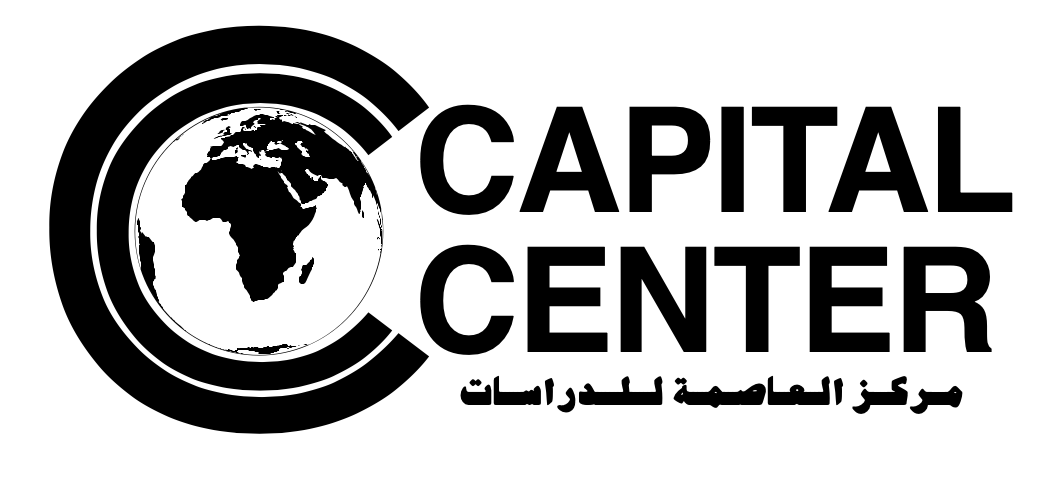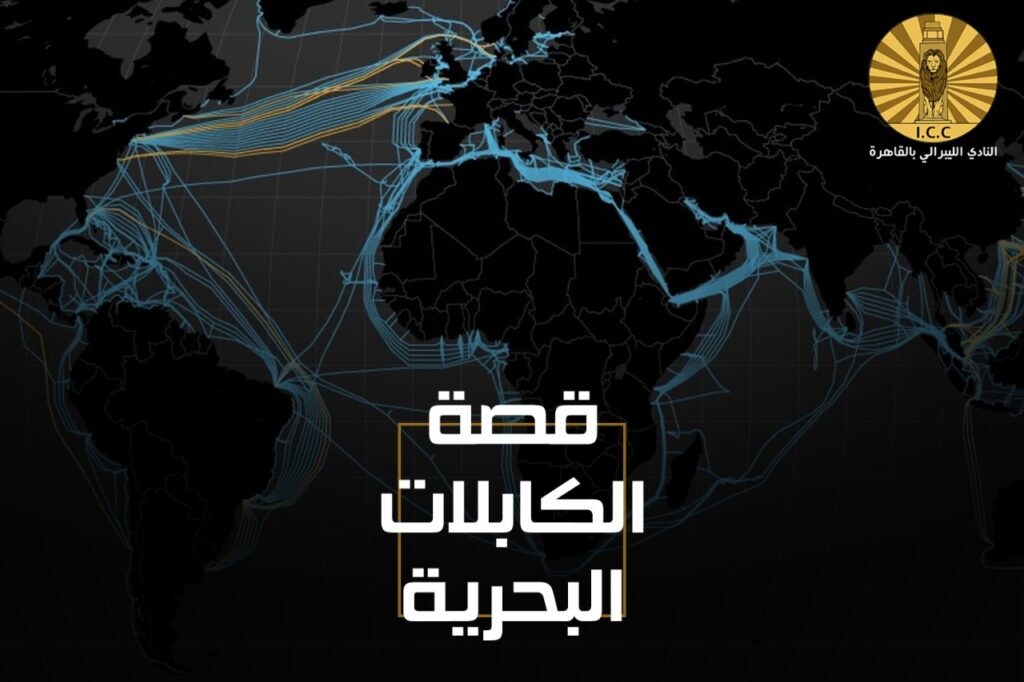In light of the Fourth Industrial Revolution, the Internet has become the backbone of communications and the most important, fastest, and cheapest means of communicating and transferring data. Data is transmitted between continents and countries via a network of submarine cables that connect the whole world to each other, and since Egypt has a unique location in the middle of the continents of the ancient world, Africa, Asia, and Europe. It has had the lion’s share of the share of these cables that pass through its territory. Through Egypt’s land and territorial waters pass 17 submarine cables linking East to West and is considered one of the most important Internet corridors in the world. Egypt comes in second place after the United States in terms of the number of cables that pass through Its lands. In 2019, Telecom Egypt achieved revenues of more than 2.9 billion pounds from traffic fees for these cables, which is equivalent to 11.6% of the company’s revenues in the same year.
At the local level, the government has spent approximately 43 billion pounds since 2014 on projects to replace copper cables with fiber optic cables to develop internet services and increase the average internet speed from 5 megabits per second in 2018 to reach 30 megabits per second this year, which helped to absorb Extreme pressure on the network during the ban period, as global data usage quadrupled and Egypt witnessed a 40% growth in data usage.
However, considering the speed of the Internet in Egypt, Egypt’s ranking came in 92nd place in terms of landline Internet speed and 103rd place in terms of mobile Internet speed, and in terms of the cost of accessing the Internet, we find that Egypt occupies 48th place in the world in terms of the low cost of the Internet, as it reaches The average price of internet packages is about $7 per month.
This is not all. Despite all of the above, Egypt faces strong competition from both Morocco, which seeks to take advantage of its position in relation to Europe, and Israel, which was able to attract the “Blue-Raman” cable that was established by the international company Google at a cost of 400 million dollars and connects India and Oman. And Saudi Arabia, Jordan, Israel, and extends to Italy without crossing through Egypt.
Hence, we find that Egypt needs to move quickly to increase investments in the communications sector in general and communications infrastructure in particular to confront regional competition that threatens Egypt’s position as a center for submarine cables, by opening the field and encouraging the private sector to work in developing infrastructure and laying fiber optic cables. And also encouraging companies working in the field of mobile phones to work with 5G technology, in addition to establishing free investment zones that act as gateways in the governorates of Alexandria, Matrouh, and the Red Sea to attract more investments, maximize added value, speed up the completion of the executive regulations of the Personal Data Protection Law, and provide the opportunity for international companies to establish centers. Giant data works to relieve pressure on current submarine cables, create tens of thousands of new jobs, increase Internet capacity in Egypt, accommodate the steady increase in cloud computing uses, and transform Egypt from a corridor for submarine cables to become a major, giant data center providing services to Africa and the Middle East.


